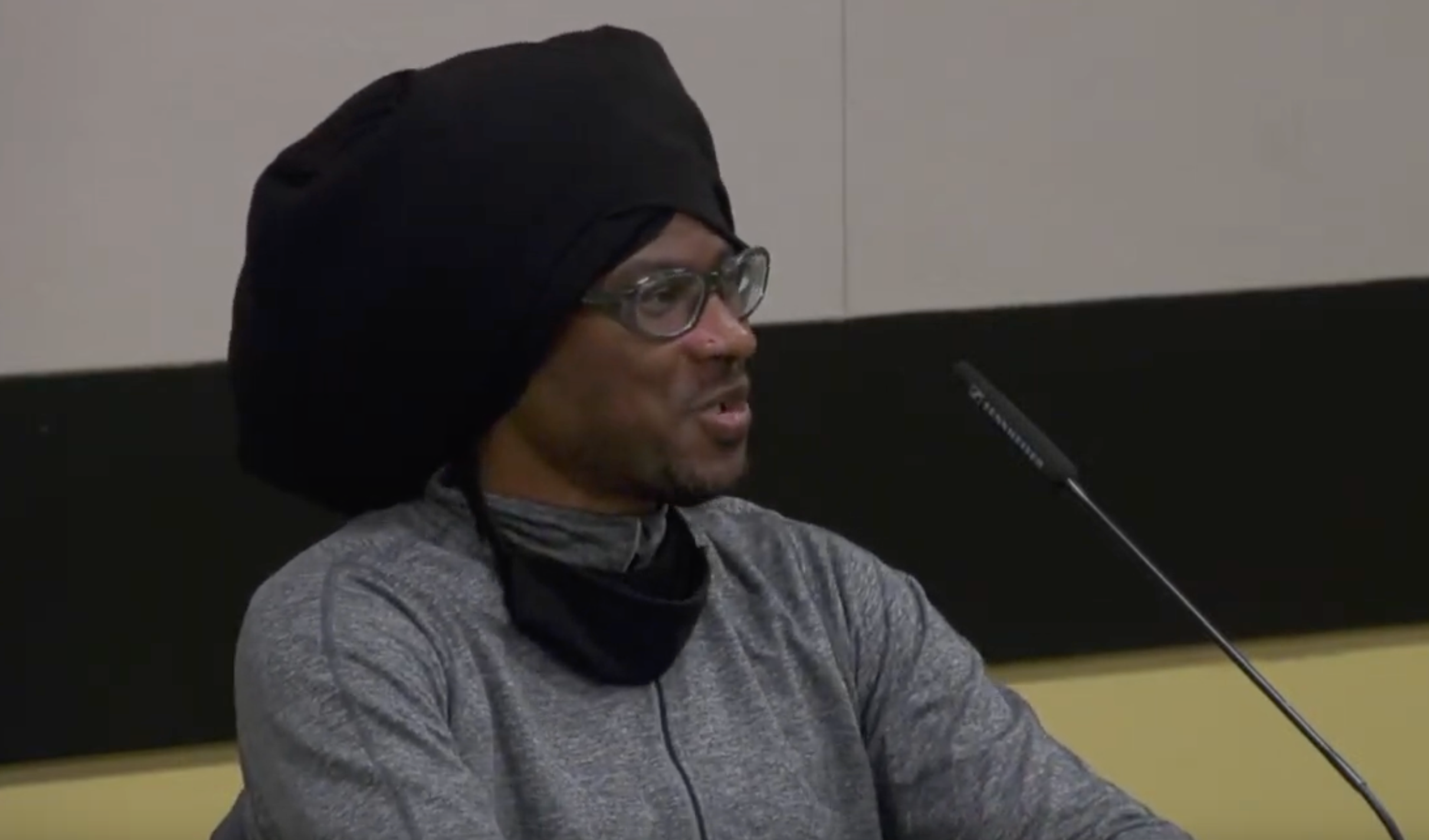This article is part of the series YIMBYtown 2022
The conversation shared below was part of the YIMBYtown 2022 conference, cohosted by Sightline Institute and Portland: Neighbors Welcome.*
Is the purpose of historic preservation to memorialize loss, or does it have an active role in building something new and different? How does historic preservation affect how we move forward? This conversation explores what historic preservation has been and what it ideally could be: a way to engage with sense of place to understand the whole range of who came before us, how place and space preserve cultures, and what that means to humanity in general. By looking at historic preservation from a widened historic and cultural perspective, we can make the changes necessary to thrive and prosper as a society.
Social design artist Cleo Davis and Kristen Minor, City of Portland’s Historic Landmarks Commission chair, delve into how issues of race and racism affected past housing and zoning policies and how we can reframe the historical preservation narrative. This session includes a viewing of Root Shocked, a documentary short on the Davis family’s experience with the blight ordinance, property seizure, and the emotional and intergenerational financial cost of urban renewal.
Steph Routh, strategic communications manager at Sightline Institute and chair of Portland’s Planning and Sustainability Commission, moderates the conversation that invites difficult exchanges that will bring us all into sense of belonging.
Editor’s note: Due to a technical error, captions are unavailable. We apologize for this segment being inaccessible to viewers who are deaf or hard of hearing. The audio for the documentary is also unavailable, but viewers may access the full video here.
Related:
- A freeway once tore a Black Portland neighborhood apart. Can new infrastructure spending begin to repair the damage?
- Whitewashing Albina’s destruction
*YIMBYtown 2022 occurred April 11–13 in Portland, Oregon, the fourth annual gathering (after some COVID delays) of “Yes in My Back Yard” (YIMBY) community leaders, organizers, planners, policymakers, educators, and housing providers eager to share resources and strategies for building more affordable, sustainable, and equitable communities.

